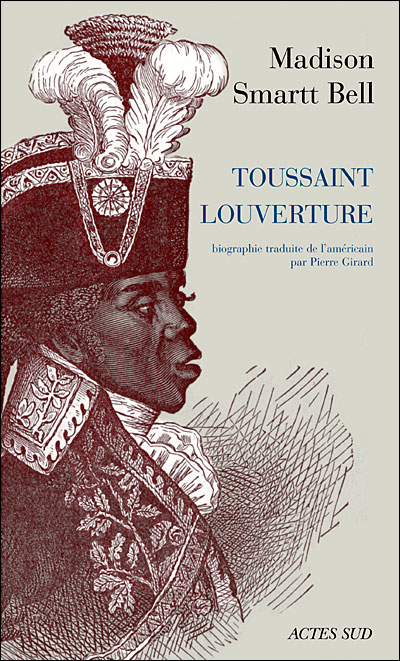


He warded off French invasions but embraced the cultural model of the French gentility. He helped free Saint-Domingue’s slaves yet immediately restricted their rights in the interests of protecting the island’s sugar production. He strove not only for abolition and independence, but to build Saint-Domingue’s economic might and elevate his own social standing. In 1802, he was exiled to France, dying soon after as one of the most famous men in the world, variously feared and celebrated as the "Black Napoleon."Īs Girard shows, in life Louverture was not an idealist, but an ambitious pragmatist. Louveture’s ascendency was short-lived, however. By 1801, he was general and governor of Saint-Domingue, and an international statesman who forged treaties with Britain, France, Spain, and the United States-empires that feared the effect his example would have on their slave regimes. In 1791, the unassuming Louverture masterminded the only successful slave revolt in history. In Toussaint Louverture, Philippe Girard reveals the dramatic story of how Louverture transformed himself from lowly freedman to revolutionary hero. Yet he managed to secure his freedom and establish himself as a small-scale planter. Born into bondage in Saint-Domingue (present-day Haiti), the richest colony in the Western Hemisphere, he witnessed first-hand the torture of the enslaved population. Toussaint Louverture’s life was one of hardship, triumph, and contradiction. "The definitive biography of the Haitian revolutionary Toussaint Louverture, leader of the only successful slave revolt in world history A Revolutionary Life de Philippe Girard chez Basic Books, 352 p. His example nevertheless inspired anticolonial and black nationalist movements well into the twentieth century.īased on voluminous primary-source research, conducted in archives across the world and in multiple languages, Toussaint Louverture is the definitive biography of one of the most influential men in history.Ī compelling look at an extraordinary historical figure.Vient de paraître Toussaint Louverture. But his lifelong quest to be accepted as a member of the colonial elite ended in despair: he spent the last year of his life in a French prison cell.

By 1801, Louverture was governor of the colony where he had once been a slave. Philippe Girard shows how Louverture transformed himself from lowly freedman into revolutionary hero as the mastermind of the bloody slave revolt of 1791. He was born a slave on Saint-Domingue yet earned his freedom and established himself as a small-scale planter. Toussaint Louverture's life was one of hardship, triumph, and contradiction.


 0 kommentar(er)
0 kommentar(er)
